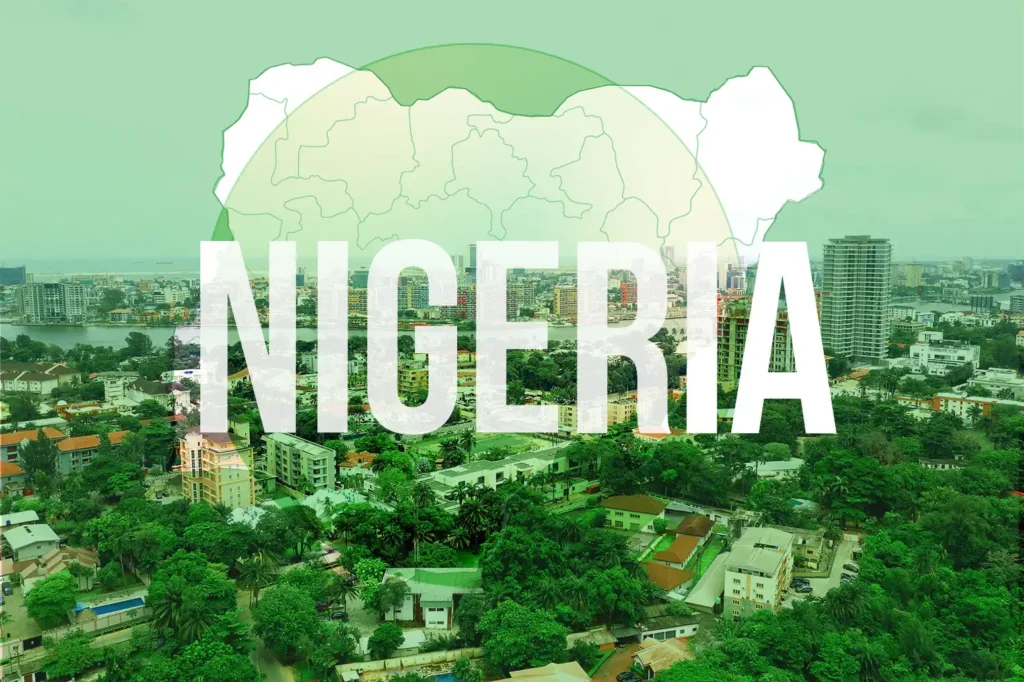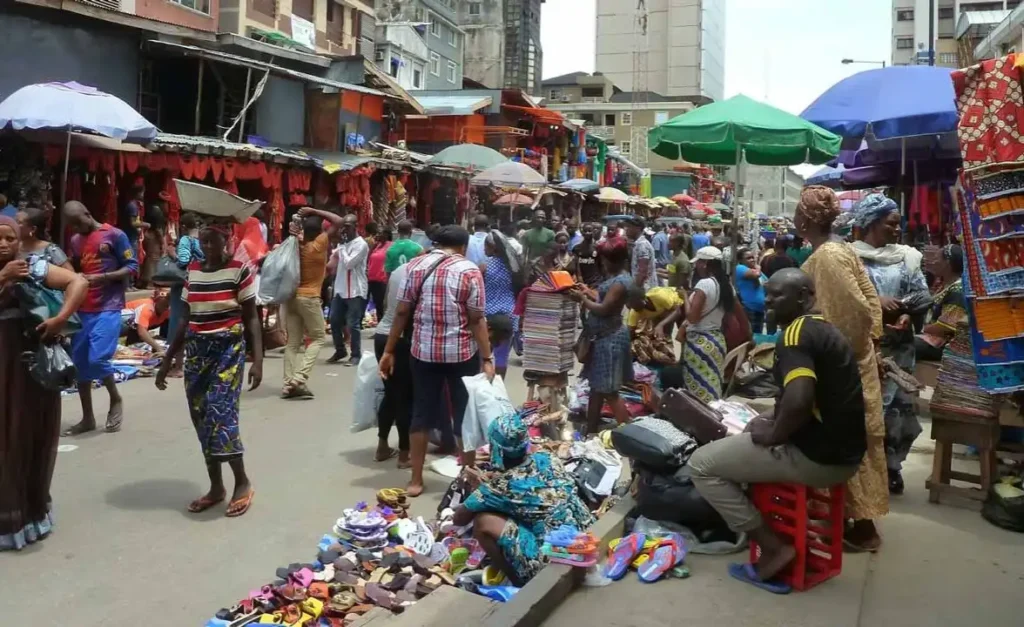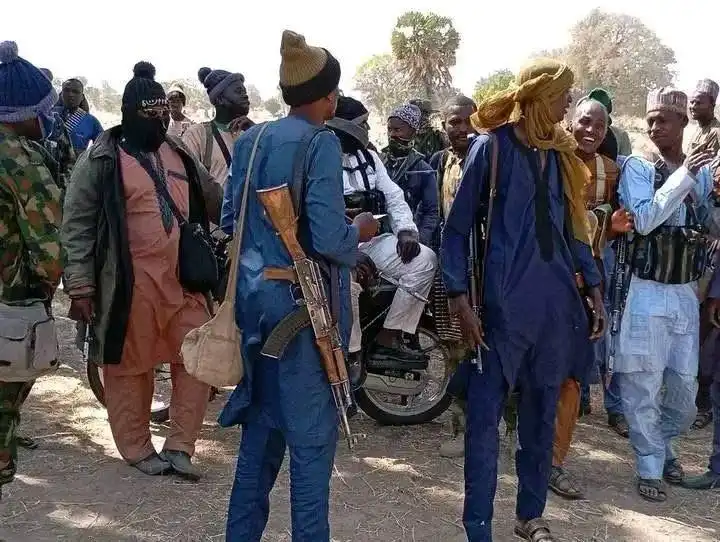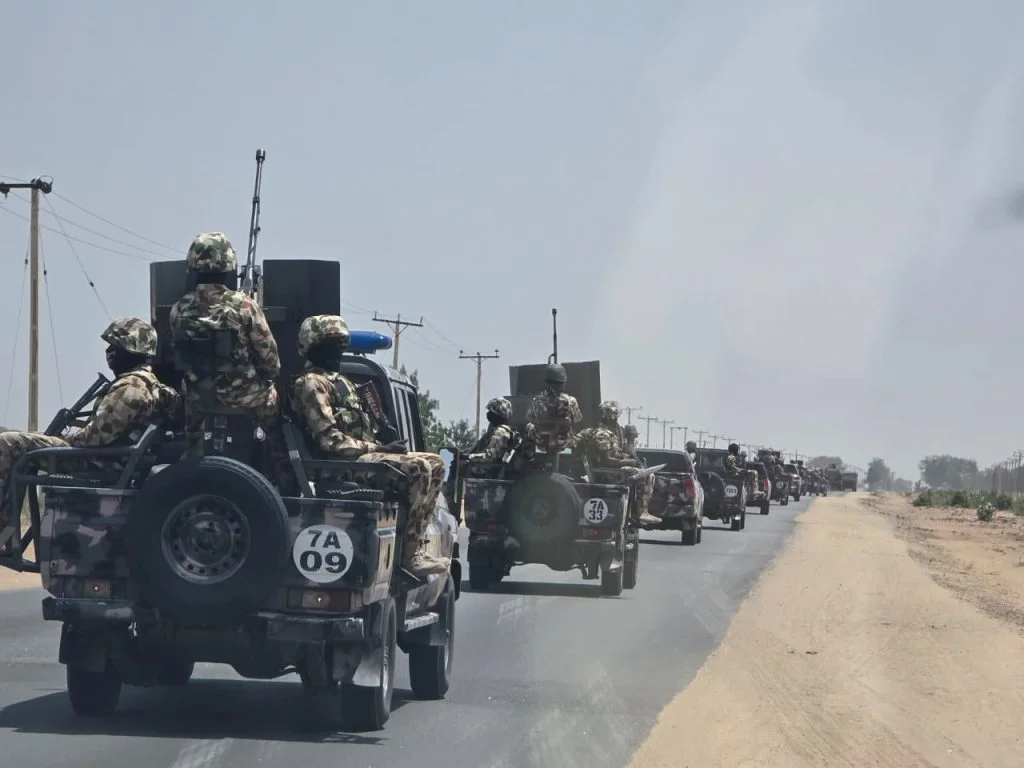Bola Ahmed Tinubu, former Governor of Lagos State, won Nigeria’s hotly contested February 2023 presidential election. However, the polls were marred by widespread logistical issues and violence. Despite calls for accountability and reform, election-related abuses persisted. According to the Center for Democracy and Development, at least 109 people were killed in election-related incidents. Armed political thugs attacked voters and disrupted polls, particularly in battleground states like Lagos, while security forces largely failed to intervene.
Escalating Insecurity Across the Country
Multiple armed groups continue to endanger lives across Nigeria. In the Northwest, criminal gangs known as “bandits” commit mass killings, kidnappings, and sexual violence. In Katsina State, over 100 people died in a February clash between bandits and vigilantes. In Zamfara, 80 women and children were abducted in April. A disturbing video later showed four kidnapped college students pleading for ransom to avoid being forced into marriage.
In the Northcentral region, long-running farmer-herder conflicts continue, driven by competition over land and worsened by ethnic and religious tensions. Over 100 people were killed in Plateau State in May in retaliatory violence.
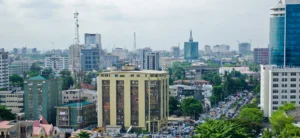
Internally Displaced Persons (IDPs)
A March report from the International Organization for Migration recorded over 1.19 million internally displaced people in the Northcentral and Northwest regions, spread across more than 190,000 households.
Insurgency in the Northeast
The Boko Haram conflict, especially involving the Islamic State West Africa Province (ISWAP), has seen a resurgence. In Borno State, attacks in March and June killed dozens, including farmers and fishermen. ISWAP has banned agricultural activities in some areas, accusing locals of collaborating with the military.
Separatist Agitations in the Southeast
The Indigenous People of Biafra (IPOB) continue their separatist campaign, despite the Court of Appeal dropping terrorism charges against their leader, Nnamdi Kanu. The federal government, however, has kept him in custody. Although IPOB claims to have suspended its weekly “sit-at-home” order, violence persists against citizens defying it. In Enugu, banks and shops were sealed for allegedly complying with the order.
Abuses by Security Forces
Security forces remain implicated in severe human rights violations. In January, a mistaken military airstrike in Nasarawa killed 39 civilians. Since 2017, over 300 people have died in such “accidental” airstrikes. A promised investigation from 2022 has yielded no results. In July, anti-police brutality protests erupted in Anambra after Chidubem Ezenwa died in custody following alleged beatings.
Justice and Accountability
Investigations into serious crimes have stalled. The National Human Rights Commission has yet to release findings from a probe into forced abortions in the Northeast. Domestic trials for Boko Haram suspects remain delayed since 2018. The International Criminal Court (ICC) is still assessing whether to open a formal investigation into atrocities in Nigeria.
Freedom of Expression and Media
Courts ruled in May that the National Broadcasting Commission lacks authority to fine media outlets, following a 5 million naira fine on Channels TV. While freedom of expression is constitutionally protected, blasphemy laws remain in place. In Sokoto, a mob killed a man for alleged blasphemy in June.
Economic Hardship and Inequality
President Tinubu eliminated the petrol subsidy in May, triggering sharp increases in fuel and food prices. With no safety nets in place, millions plunged deeper into poverty. Nigeria’s economy continues to suffer from oil spills, gas flaring, and environmental degradation, particularly in the Niger Delta.
In August, Tinubu announced a $650 million relief package aimed at reviewing the minimum wage, supporting small businesses, and purchasing gas-powered buses.
LGBTQ+ Rights Violations
In Delta State, dozens were arrested for allegedly attending a gay wedding. The police publicly paraded the suspects, violating their rights to dignity and a fair trial. Similar arrests occurred in Gombe State at a birthday party. Nigeria’s Same Sex Marriage Prohibition Act criminalizes same-sex unions and public same-sex relationships, carrying penalties of up to 14 years in prison.
A 2016 Human Rights Watch report noted that, despite few formal prosecutions under the law, it has led to increased harassment and abuse of LGBTQ+ individuals.
Women’s and Girls’ Rights
Women remain significantly underrepresented in politics. Only 20 of 469 federal legislative seats are held by women—down from 21 previously. Although women make up nearly half of Nigeria’s population, they hold just 6.7% of public office positions. Cultural, legal, and religious barriers continue to hinder women’s participation and access to education and healthcare. Nigeria also continues to report high rates of maternal mortality and child marriage.
Rights of People with Disabilities
In January 2023, Nigeria passed a new Mental Health Act, replacing the outdated Lunacy Act. The new law bans chaining and promotes community-based care. However, involuntary treatment and other coercive practices are still permitted. Thousands with mental health conditions remain chained or confined in traditional healing centers, state-run institutions, and even hospitals.
Elderly Rights
A July UN report highlighted serious concerns about the rights of older Nigerians. Many live in poverty, face age-based discrimination, and lack adequate healthcare or support. Women and LGBTQ+ elders are particularly vulnerable to violence and neglect.
Foreign Policy
Nigeria condemned the military coup in neighboring Niger in July. As ECOWAS chair, President Tinubu led diplomatic efforts demanding the restoration of democracy. Though ECOWAS issued threats of military intervention, they were not acted upon.


